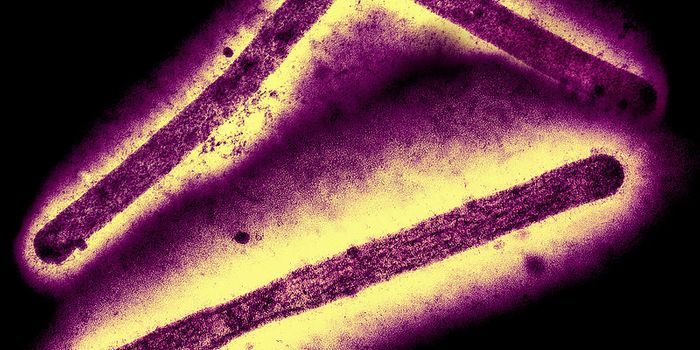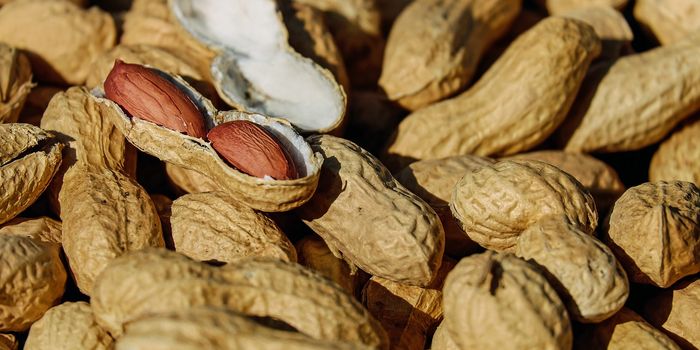An Immune Cell Subset Provides New Insights Into IBD
Innate lymphoid cells (ILCs) are part of the innate immune system, a generalized response to pathogens. These cells are found in the linings of tissues, including the gut. New research has identified a subset of ILCs that can mature into cells that seem to play a role in inflammatory bowel disease. In IBD, the gut mucosa is chronically inflamed. IBD can cause weight loss, abdominal cramping, and pain. The few effective treatments for IBD don't help all patients, but this research may help create new therapeutic options. The findings have been reported in Science Immunology.
ILCs help maintain the proper function of tissues, including mucous production. Previous work has indicated that inflammation alters the activity of ILCs, suggesting they may be involved in IBD.
In this work, researchers obtained samples from the tonsils and gut tissues of 48 patients, including 31 IBD patients. The tissues were collected during endoscopic procedures or resection surgeries. ILCs were then isolated from the samples and assessed in detail, both when the samples were initially collected, as well as later as they grew in culture in the lab.
The study revealed two subgroups of ILCs, which could be differentiated by the presence of a molecule called CD62L, on CD45RA+ ILCs. The researchers found that CD62L+ ILCs were similar to naive ILCs, while CD62L− ILCs were more like differentiated ILCs.
While both CD62L+ and CD62L- ILCs were able to differentiate into ILC1s, NK cells, or ILC3s, that specialization was dependent on glycolysis. In people with IBD, there were higher levels of CD62L− ILCs that tended to differentiate into ILC3s, which generate the inflammatory molecule IL-22. Previous work has linked IL-22 to IBD.
During inflammation, ILC function changes, "and therefore ILCs represent a promising therapeutic target for conditions like inflammatory bowel disease," noted first study author Efthymia Kokkinou, a graduate student at the Karolinska Institute. "Insight into how these cells develop from immature cells into mature cells in tissue helps us understand how they influence tissue function or inflammation in mucosa and how they can be manipulated for therapeutic purposes."
The scientists are now planning to investigate whether certain undifferentiated ILCs in the gut can be used to assess the efficacy of drugs, including some that are currently used to treat Crohn's disease and ulcerative colitis. Patients and clinicians might be able to use tests like that to identify the best treatment right away, instead of having to test out different options in the patient to find the best one.
Sources: Karolinska Institute, Science Immunology









